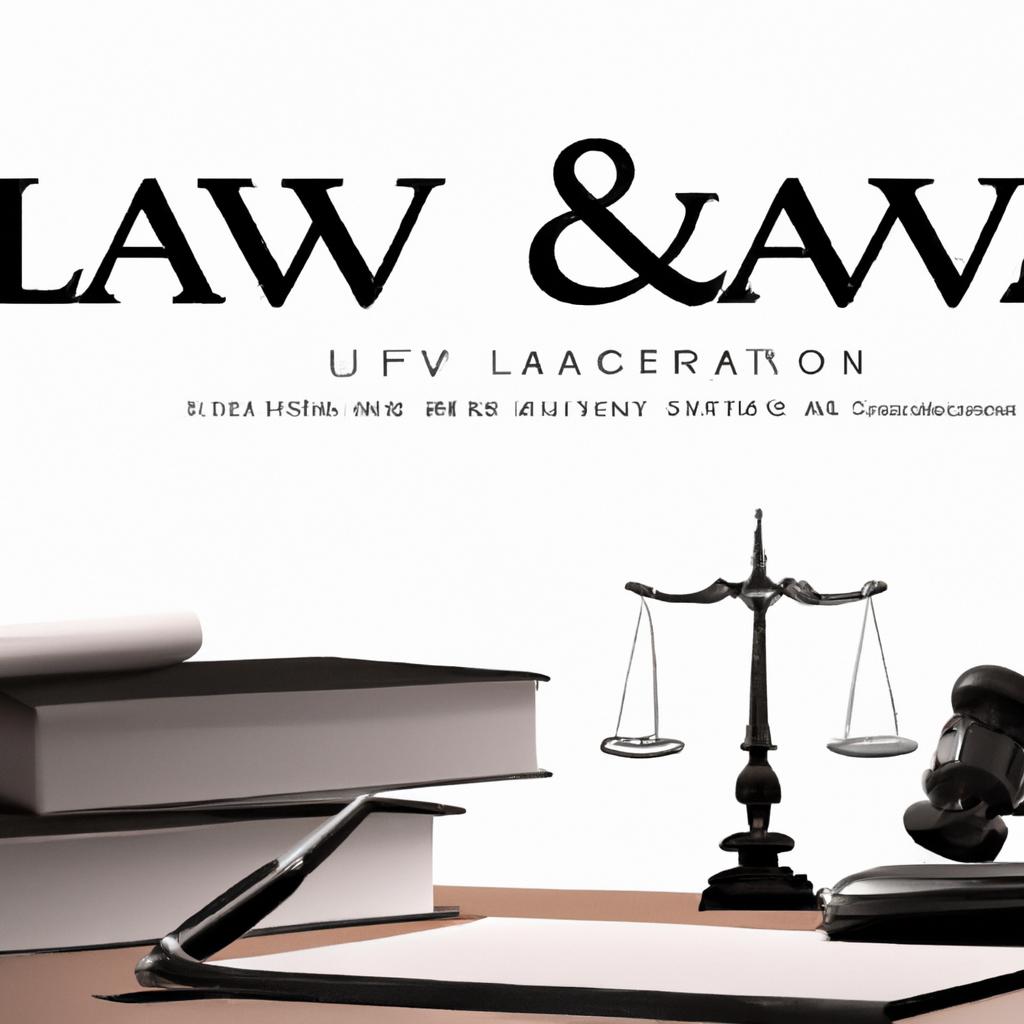As guardians of the deceased’s final wishes, executors play a vital role in the distribution of assets, settling debts, and ensuring the smooth administration of an estate. However, the question often arises: what do executors of wills get paid for their services? In this article, we will delve into the complexities of executor compensation, shedding light on the legal guidelines and practices surrounding this contentious issue. Stay tuned as we unravel the intricacies of executor compensation in the realm of wills and estates. Here at Morgan Legal Group in the heart of New York City, we specialize in estate planning, probate, elder law, Wills, and trusts, providing expert guidance on all matters related to executor compensation.
Executor Compensation: Understanding the Basics
When it comes to executor compensation, it is important to understand the basics of what executors of wills get paid. Executors, also known as personal representatives, perform a crucial role in the administration of an estate. They are responsible for carrying out the wishes outlined in the deceased person’s will and ensuring that assets are distributed according to the law.
Executor compensation is typically handled in one of two ways: a fee based on a percentage of the estate’s assets or a flat fee. In some cases, executors may also be entitled to reimbursement for any expenses incurred during the administration of the estate. It is essential for both the executor and the beneficiaries to have a clear understanding of the compensation arrangement to avoid any misunderstandings or disputes down the line.

Factors Impacting Executor Compensation in Wills
Executor compensation in wills is a complex matter that is influenced by various factors. One key factor is the state laws governing executor compensation, which can vary widely. Some states have specific guidelines for executor compensation, while others allow for more flexibility. It is important for executors to familiarize themselves with the laws in their jurisdiction to ensure they are compensated appropriately.
Another factor impacting executor compensation is the complexity of the estate. Executors of wills that involve complex financial assets, multiple beneficiaries, or contentious family dynamics may be entitled to higher compensation. Additionally, the amount of time and effort required to administer the estate can also impact executor compensation. Executors who are responsible for managing a large estate over an extended period of time may be entitled to greater compensation for their services.

Determining Fair Compensation for Executors
In of wills, it is important to consider various factors that contribute to the complexity and scope of the executor’s responsibilities. Executors play a crucial role in ensuring that the wishes of the deceased are carried out in a timely and efficient manner. As such, they are typically entitled to compensation for their services. The amount of compensation that an executor receives can vary depending on the specific circumstances of the estate and the amount of work involved.
Some factors to consider when include:
- The size and complexity of the estate
- The amount of time and effort required to administer the estate
- The executor’s level of expertise and experience
- The local laws and regulations governing executor compensation

Best Practices for Executor Compensation in Estate Planning
When it comes to compensating executors in estate planning, there are several best practices to keep in mind to ensure a fair and transparent process. Executors play a crucial role in carrying out the wishes of the deceased and managing the affairs of the estate, so it is important to establish a reasonable compensation structure.
One common method of determining executor compensation is to set a percentage of the estate’s total value. This can range from 1% to 5% of the estate’s assets and is often determined based on the complexity of the estate and the amount of work involved. Alternatively, some executors may opt for an hourly rate, especially for more straightforward estates. It is essential to clearly outline the compensation agreement in the will to avoid any misunderstandings or disputes down the line.
Q&A
Q: What do executors of wills get paid?
A: Executors of wills can be paid a fee for their services, typically a percentage of the estate or a flat fee.
Q: How much can executors expect to be paid?
A: The amount executors are paid can vary depending on the size and complexity of the estate, as well as state laws governing executor compensation.
Q: Are there any other factors that can determine how much executors are paid?
A: Yes, other factors can include the relationship between the executor and the deceased, the level of responsibility involved, and whether the executor hires professionals to assist with the estate administration.
Q: Can executors decline to be paid for their services?
A: Yes, executors can choose to waive their right to compensation if they wish to do so.
Q: How should executors negotiate their compensation with beneficiaries?
A: Executors should discuss their compensation with beneficiaries in advance and come to an agreement that is fair and reasonable for all parties involved.
To Conclude
In conclusion, understanding the compensation for executors of wills is important for both individuals creating their estate plan and those who may be appointed as an executor in the future. While the laws and regulations surrounding executor compensation can vary, it is essential to be aware of your rights and responsibilities in this role. By seeking guidance from legal professionals and having open discussions with loved ones, you can ensure that the executor compensation process is fair and transparent. Ultimately, being informed and prepared will help streamline the probate process and honor the wishes of the deceased.











